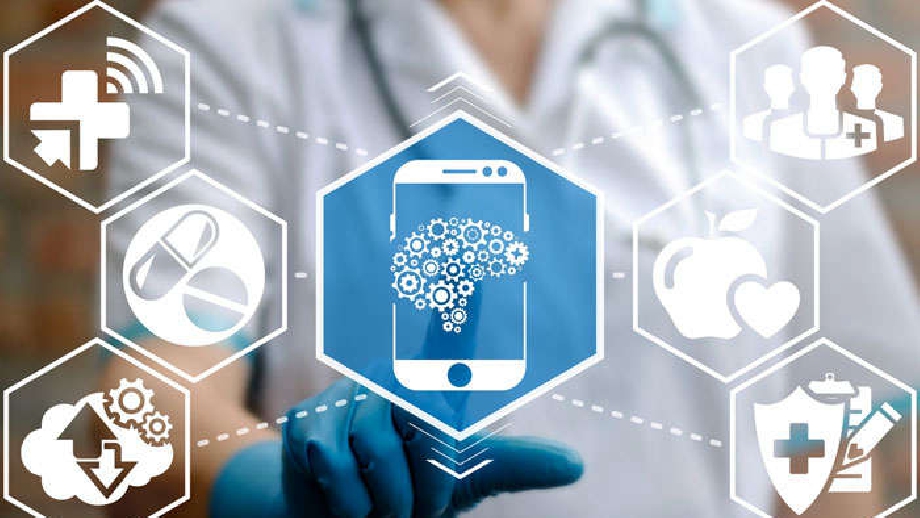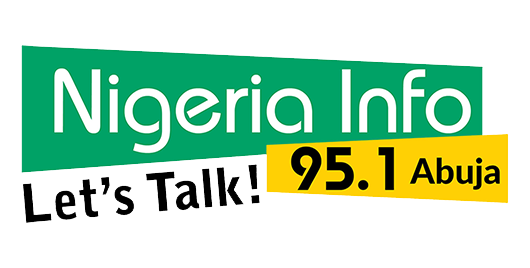
The spread of false health information on digital platforms is a growing and troubling concern.
With numerous online sources and rapid sharing capabilities, it can be difficult for people to differentiate between reliable facts and misconstrued or incomplete data. Unfortunately, inaccurate medical information can lead to incorrect diagnoses or improper treatments that place patients' lives at risk. As such, governments are actively looking into ways to regulate social media networks and ultimately stem the tide of misleading health news worldwide.
Additionally, healthcare providers are putting more emphasis on educating their patients about how they can evaluate potential health-related content before accepting its validity as vital knowledge. However, we still need to examine the complexities of health misinformation, exploring its impact on public health and shedding light on strategies to navigate this web of misinformation.
Understanding Health Misinformation
Health misinformation refers to the dissemination of false or misleading information related to health topics. It can range from dubious claims about miracle cures to dangerous advice on lifestyle choices. The ease of sharing information on digital platforms has led to the rapid spread of such misinformation, often fueled by the lack of regulation and fact-checking. Health misinformation can have serious consequences, leading to unnecessary treatments, delayed diagnosis, and unnecessary health risks. In severe cases, it can even lead to death. It is therefore important to take steps to combat the spread of health misinformation.
For example, social media platforms such as Twitter and Facebook have implemented measures to combat the spread of health misinformation, such as removing or flagging misleading posts. Governments have also been involved in combating the spread of health misinformation, with laws such as the Digital Services Act. Education campaigns have also been launched to inform people of the dangers of health misinformation and the best ways to avoid it.
The Role of Digital Media
Digital media platforms, including social media networks, play a significant role in the proliferation of health misinformation. The viral nature of content sharing combined with the echo chamber effect can amplify the spread of false information. Algorithms and recommendation systems prioritizing engagement over accuracy further exacerbate the problem, creating filter bubbles where individuals are exposed to a limited range of perspectives. As a result, people are often exposed to inaccurate information, increasing the risk of health misinformation becoming widespread. It is essential to take measures to reduce the spread of misinformation on digital media platforms. Governments, social media companies, and other online platforms must work together to develop effective measures to combat the spread of health misinformation. These include better moderation of content, stricter enforcement of existing policies, and the introduction of new policies. Additionally, users should be educated on the importance of verifying information before sharing it.
Impacts on Public Health
The consequences of health misinformation can be far-reaching. Individuals may make uninformed decisions about their health, leading to potential harm. Misinformation can erode trust in healthcare professionals and institutions, undermining public health efforts. It can also contribute to vaccine hesitancy, the adoption of ineffective treatments, and the neglect of evidence-based practices. For example, the spread of false information about the safety of vaccines can lead to a decrease in immunization rates, resulting in preventable illnesses and deaths. This can also lead to increased healthcare costs, as more people seek alternative treatments that are often not supported by evidence. Furthermore, misinformation can lead to social stigma and discrimination, as people associate certain diseases or conditions with stereotypes or false information.
Navigating the Web of Misinformation
In the face of health misinformation, it is crucial to equip oneself with critical thinking skills and information literacy. Fact-checking reputable sources, verifying claims with scientific evidence, and consulting healthcare professionals are essential steps in navigating the web of misinformation. Additionally, promoting digital media literacy and advocating for responsible content dissemination can contribute to combating the spread of health misinformation. Educating the public in critical thinking and information literacy is key to overcoming health misinformation. Governments and organizations should strive to create and invest in initiatives that promote digital and media literacy. Finally, it is essential to promote open communication and dialogue between healthcare providers and the public to promote health literacy.
Conclusion
As the digital age continues to evolve, the battle against health misinformation becomes increasingly important. Recognizing the impact of digital media and understanding the consequences of health misinformation are crucial steps toward safeguarding public health. By fostering a culture of critical thinking and promoting responsible information sharing, we can collectively navigate the web of health misinformation and ensure accurate and reliable health information reaches the public. We must also ensure that healthcare professionals have access to up-to-date digital literacy skills to protect their patients from health misinformation. Finally, it is important to ensure that digital health platforms are held accountable for their content, and that appropriate measures are taken to ensure the credibility of the information they provide.


